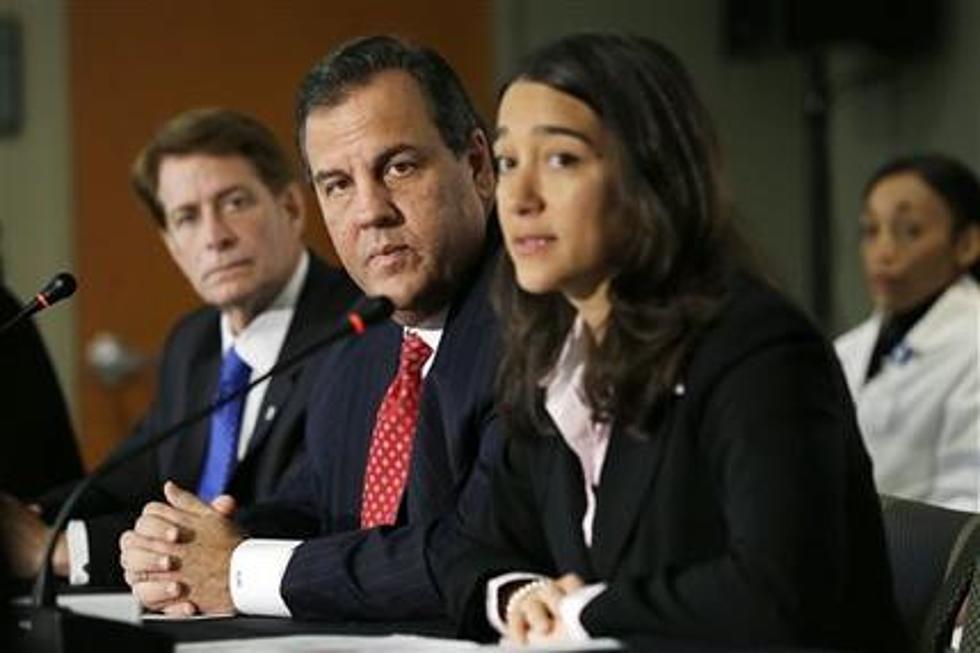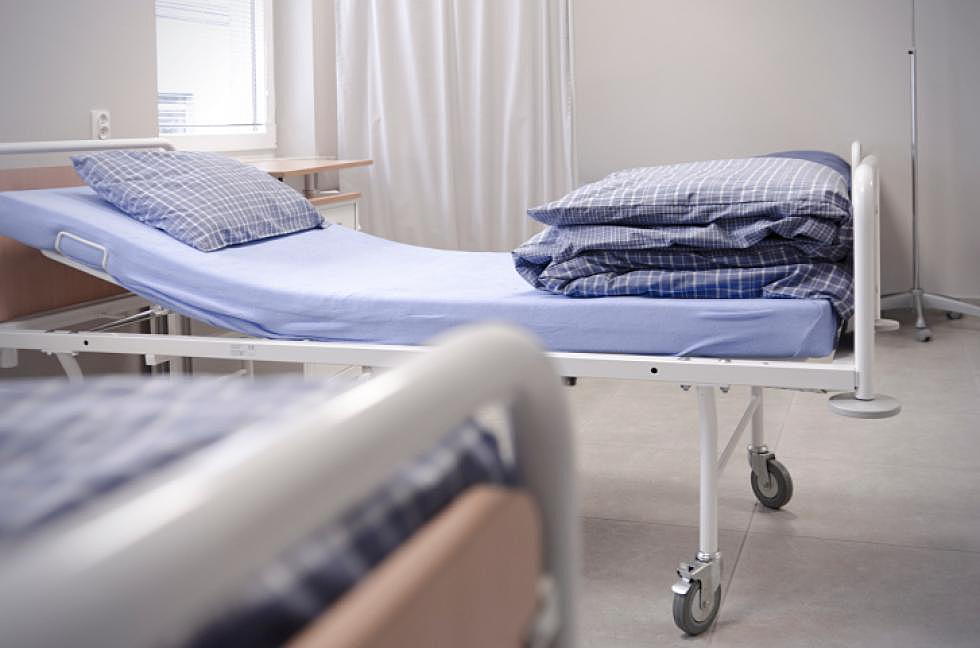
New Jersey releases details of state’s Ebola protocol
New Jersey's protocol to manage patients being screened for possible Ebola includes providing financial assistance to anyone who loses income because of a state-ordered quarantine.
A week after first announcing stepped up quarantine measures, Gov. Chris Christie's administration on Friday released that and other details of its Ebola protocol in the form of a memo sent from the state Health Department to other state officials, the Port Authority of New York and New Jersey, the New Jersey Hospital Association and others who could be involved in carrying out the policies.
The Associated Press and other news outlets had been requesting details of the state's policies for several days. But they were not put into one document until the 5-page memo was sent out Thursday evening. No one in New Jersey has been diagnosed with the virus.
The U.S. Centers for Disease Control issued new protocols earlier this week that are not as tough as what New Jersey, New York and some other state have put in place.
New York also announced earlier this week that people who are not compensated during quarantines would be paid by the state government.
Under New Jersey's protocol, travelers who arrive at Newark Liberty International Airport from the three West African countries with Ebola outbreaks are to have their temperatures taken by federal officials. They are also to be asked questions to assess their risk of having the often-deadly virus.
Those who have temperatures above 100.4 degrees are to be taken to a hospital.
Travelers deemed to have at least some risk, including health care workers who were tending to Ebola patents in Africa, are to be subject to 21-day quarantine. They are not to travel by commercial vehicles.
The protocols do not lay out enforcement issues, such as what could happen if someone defies a quarantine order. Currently, no one is under a New Jersey-issued mandatory quarantine.
But the state says about 100 people who have arrived from West Africa this week are considered low-risk and are required to do self-monitoring. They are to take their temperature twice daily and report the results to local health officials.
Christie, along with New York Gov. Andrew Cuomo, announced protocols on Oct. 24 for people who had been in the three West African nations.
The policy came under immediate criticism, partly because of the quarantine last week of a nurse who had been treating Ebola patients in Sierra Leone. Kaci Hickox publicly complained and threatened to sue as she was kept for more than two days in an isolation tent inside University Hospital in Newark even though she said she did not have symptoms of Ebola.
Christie received some praise for Ebola rules in New Jersey being tougher than the federal ones, but he's also been criticized. There have been objections to the quarantine of Hickox from those who say it is not necessary. And people who want strong protections criticized Christie when he announced on Monday that she would be sent to her home in Maine. She has been battling with officials there over details of her quarantine.
Christie said the home quarantines have always been considered appropriate in New Jersey for those who did not show any symptoms of Ebola.
Copyright 2014 The Associated Press. All rights reserved. This material may not be published, broadcast, rewritten or redistributed.
More From New Jersey 101.5 FM









